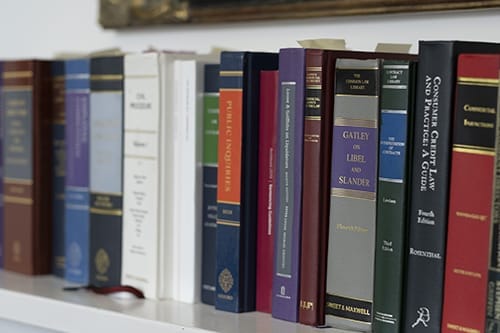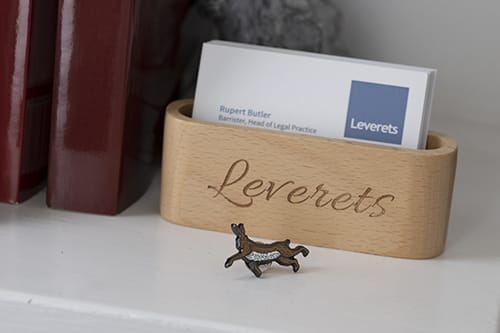The Administrative Court has granted former Kids Company Clinical Director Michael Kerman the right to continue with a judicial review of the legality of the Charity Commission’s 2022 report “Keeping Kids Company”.
In a landmark judgment, Mr Justice Swift held that Mr Kerman was a “sufficiently identifiable” substitute for Camila Batmanghelidjhi, who tragically died in January 2024 without seeing justice served for the damage caused by the report.
A timeline of the events surrounding the Kids Company Scandal
- Kids Company collapsed in 2015 in the wake of unfounded sexual abuse allegations, and a smear campaign by a politically motivated media. The Official Receiver’s Office issued disqualification proceedings against the trustees of the Charity and its CEO, Camila Batmanghelidjh.
- After a 10-week High-Court trial in 2021, Mrs Justice Falk dismissed the Official Receiver’s case, clearing the Kids Company trustees and Camila Batmanghelidjh of any wrongdoing, dishonesty, bad faith, or inappropriate personal gain.
- Nevertheless, in February 2022, the Charity Commission published its damning report ‘Keeping Kids Company’ largely ignoring the judgment of Mrs Justice Falk and claiming the charity was mismanaged.
- Camila Batmanghelidjh issued proceedings for a judicial review into the report on the basis of irrationality and bias. Later in 2022 Mr Justice Bourne granted permission for the claim to proceed.
- In January 2024 the action stalled following the tragic and untimely death of Camilla Batmanghelidjh
- In October 2024 the legal challenge against the Charity Commission’s report was given permission to continue with the substitution of Mr Kerman.
What is the importance of this decision?
The Charity Commission’s report highlights the regulator’s inadequate processes and lack of transparency. It is crucial to the future health of the charity sector that the way the Charity Commission carries out inquiries is properly investigated – especially when it is possible to compare and contrast it against a parallel court process which reached the opposite conclusion. It’s therefore vital this case is brought to Court.
The Charity Commission opposed the application for substitution on the basis of insufficient standing. No doubt they would prefer to avoid critical analysis of their regulatory process. But their report had serious negative impacts on the lives and reputations of the proven innocent individuals associated with charity, all of whom, like Camila, were dedicated to advocating on behalf of Britain’s most vulnerable children.
In bringing the substitution application, Leverets was principally seeking to carry on the fight to vindicate those affected by the report, and bring a conclusion to this matter by critically examining once and for all whether the Charity Commission was entitled to reach conclusions so contrary to the tested ruling of a rigorous High Court trial.
On what basis was the substitution granted?
The substitution judgment by Mr Justice Swift held that the substitution is desirable so that the Court can resolve the matters in dispute in the proceedings, and that the substitute, Mr Kerman has sufficient interest to proceed.
He concluded: “I am satisfied that as a former senior employee of the charity, Mr Kerman is sufficiently identifiable with the charity as to be materially affected by this report, which criticises the way in which the charity was operated and run.”
A copy of the judgment may be accessed here.
What next?
Mr Justice Swift awarded costs against the Charity Commission. A hearing of the claim will now commence in Spring 2025.
Importantly, this hearing will safeguard the important work and legacy of CEO Camila Batmanghelidjh.
Camila carried herself with grace, despite a sustained smear campaign orchestrated by a politically motivated press. Instead, she focussed her time and effort on battling social injustice.
The injustice perpetrated against her may finally now be brought to an end.






